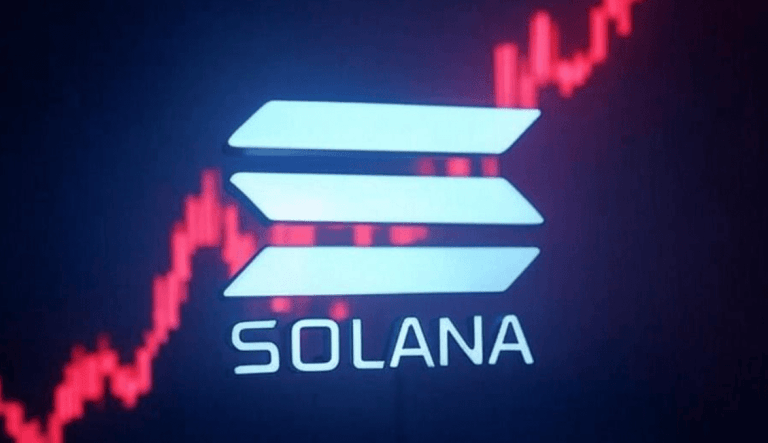FTX will be the last giant to fall this cycle: Hedge fund co-founder

This bear market has seen the collapse of Celsius, Three Arrows Capital, Voyager, and now FTX, but the worst is likely over, a hedge fund executive suggests.
While the FTX crisis is continuing to unfold, the former head of risk at Credit Suisse believes the exchange’s fall from grace should be the last catastrophic event — at least in this market cycle.
CK Zheng, the former head of valuation risk at Credit Suisse and now co-founder of crypto hedge fund ZX Squared Capital said that FTX’s fall was part of a “deleveraging process” that began after the COVID-19 pandemic and further accelerated after the fall of Terra Luna Classic (LUNC), formerly Terra (LUNA).
“When LUNA blew up a few months ago, I expected a huge amount of deleveraging process to kick in,” said Zheng, who then speculated that FTX should be last of the “bigger” players to get “cleaned up” during this cycle.
Before its collapse, FTX was the third largest crypto exchange by volume after Binance and Coinbase.
“I’m sure there are multiple players that will probably get impacted […] in the following weeks, you know, small, large — but I would say this one in terms of magnitude will be one of the larger ones before the whole cycle really ends.”
On Nov. 14, crypto exchange BlockFi admitted to having “significant exposure” to FTX and its affiliated companies. A day later, a Wall Street Journal report suggested it was preparing for a potential bankruptcy filing.
A number of exchanges have also halted withdrawals and deposits this week, citing exposure to FTX, including crypto lending platform SALT and Japanese crypto exchange Liquid.
On Nov. 16, institutional crypto lender Genesis Global said it would temporarily suspend withdrawals citing ‚unprecedented market turmoil.‘
The fate of these businesses are yet to be determined.
Zheng noted that moments like this are all normal signs of a lengthy, stressful crypto winter which “basically wipes out many of the weak players.”
On a positive note, however, Zheng said that the FTX collapse is unlikely to shake institutional investor confidence, at least for those investing in blockchain technology and certain cryptocurrencies such as Bitcoin and Ethereum.
“For many of the institutional investors […] as long as they think about the longer term, they think about how blockchain technology is going to advance in the future to help the financial industry […] that’s still in place.”
CoinShares’ head of research James Butterfilll in a Nov. 14 note revealed that inflows into cryptocurrency investment products rose sharply last week after institutional investors bought the dip triggered by FTX’s collapse.
Investors see the #FTX collapse as an opportunity with crypto inflows totalling US$42mhttps://t.co/neDkmnr6ae
— James Butterfill (@jbutterfill) November 14, 2022
Digital asset investment products saw inflows totaling $42 million in the week ending Nov. 13, the largest increase in 14 weeks.
On the other hand, their outlook wasn’t so optimistic for blockchain equities, which registered $32 million in weekly outflows.
Related: Paradigm co-founder feels ‚deep regret‘ investing in SBF and FTX
Zheng said it was “mind-boggling” how much damage an MIT-educated, 30-year-old young person can do to the crypto ecosystem — referring to FTX former CEO Sam Bankman-Fried.
He believes the fall of FTX was the result of a lack of clear rules and regulations governing crypto exchanges. Zheng said it may also have been the result of a top-heavy management structure that may not have had the necessary know-how to run a business of such a size.
“Obviously, they’re smart in one aspect, but they’re running a $32 billion company is very different than, you know, when you manage a small company.”









